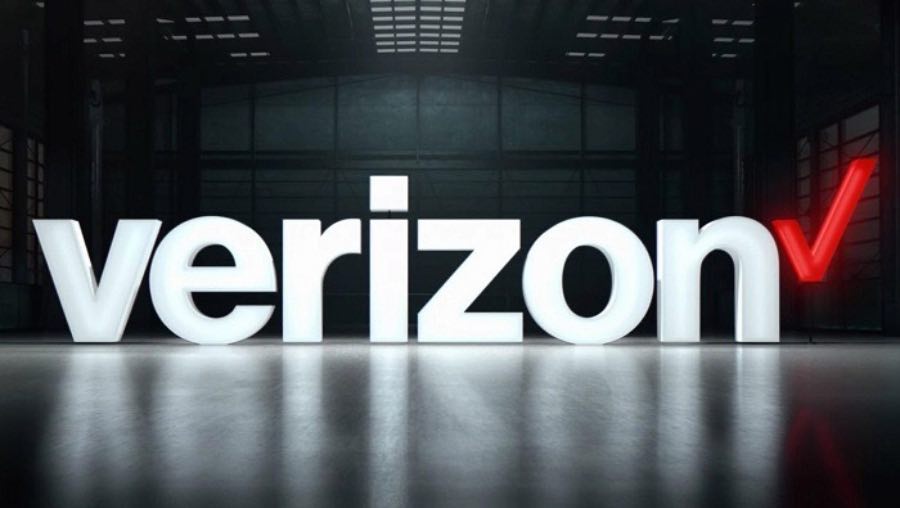
Verizon has once again requested that the FCC refrain from granting the FirstNet Authority—and its nationwide contractor AT&T—control over the 4.9 GHz band, which has historically been dedicated to public safety. In a recent ex parte filing, Verizon emphasized the need for competitive rules if a nationwide license is to be issued.
Verizon supports rules aimed at increasing the utilization of the 4.9 GHz band while preserving local control for public safety users, as recommended by the Coalition for Emergency Response and Critical Infrastructure (CERCI). However, Verizon also provided suggestions on how the FCC should proceed if it decides to grant control of the 50 MHz of the 4.9 GHz band to the FirstNet Authority, as proposed by the Public Safety Spectrum Alliance (PSSA).
Verizon's filing highlights concerns that awarding a 4.9 GHz spectrum license to the FirstNet Authority would allow AT&T to leverage these airwaves for its commercial interests, similar to its use of the 700 MHz Band 14 spectrum. Verizon argues that the FCC should ensure the 4.9 GHz spectrum is allocated through a competitive process.
"If the Commission adopts PSSA’s proposal to make the 4.9 GHz band available for both public safety and commercial wireless use, it must assign this spectrum through a competitive process, such as an auction or bidding process, rather than granting it to a single commercial provider," the filing states. Verizon also suggests that proceeds from such an auction could fund public safety priorities, such as next-generation 911 (NG911).
Without a competitive process, Verizon warns that granting control of the 4.9 GHz spectrum to the FirstNet Authority, and thereby to AT&T, would disrupt both the public safety broadband and commercial wireless markets.
Verizon's Frontline service, like AT&T's FirstNet, provides first responders with priority and preemption on all of Verizon’s commercial spectrum bands. Verizon emphasizes that other wireless providers compete daily in the first responder service market, and there is no justification for awarding valuable mid-band spectrum to a single competitor.
The potential impact on the commercial wireless market is significant, especially as policymakers work to increase the availability of mid-band spectrum. Granting AT&T access to an additional 50 MHz of mid-band spectrum for commercial use would result in a substantial advantage for AT&T.
Proponents of the PSSA proposal have verbally indicated that the FirstNet Authority would likely conduct a competitive process if given a license, as seen with the 700 MHz Band 14 spectrum. However, this has not been explicitly stated in PSSA's written proposals.
CERCI, chaired by retired NYPD Chief Kenneth Corey, has been vocal in opposing an open bid for the 4.9 GHz spectrum, even if a member like Verizon or T-Mobile wins. CERCI advocates for local public safety entities to maintain control over the 4.9 GHz band to address diverse and critical infrastructure needs.
Verizon’s letter stresses that its recommendations are in line with CERCI’s position, preferring local jurisdiction control over the 4.9 GHz band rather than a nationwide license to the FirstNet Authority. Verizon's competitive process suggestion applies only if the FCC decides to issue a 4.9 GHz license to the FirstNet Authority.
Additionally, Verizon’s filing questions the FCC’s legal authority to grant a nationwide 4.9 GHz license to the FirstNet Authority without Congressional approval, a point disputed by the PSSA.
The U.S. Department of Commerce Office of the Inspector General (OIG) recently issued reports highlighting compliance issues and oversight concerns with FirstNet, further complicating the proposal.
Verizon also questions the necessity of assigning the 4.9 GHz spectrum to the FirstNet Authority, stating that there is no documented evidence that FirstNet lacks sufficient spectrum to fulfill its role. Verizon points out that AT&T's FirstNet customers already have priority access to Band 14 and all of AT&T’s commercial bands, raising doubts about the need for additional spectrum.
In summary, Verizon advocates for a competitive and transparent process to allocate the 4.9 GHz spectrum, ensuring fair access and optimal use for public safety and commercial purposes.
